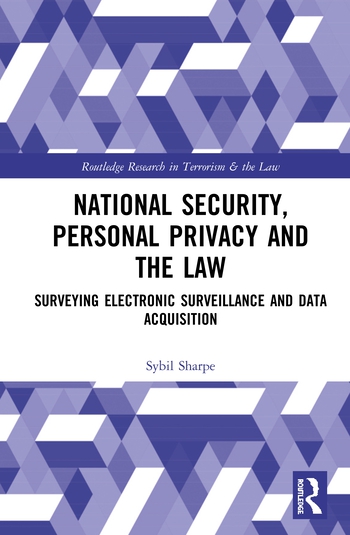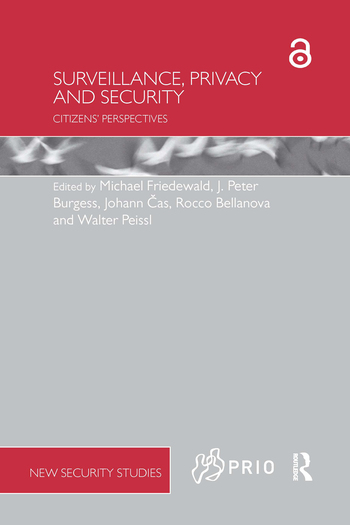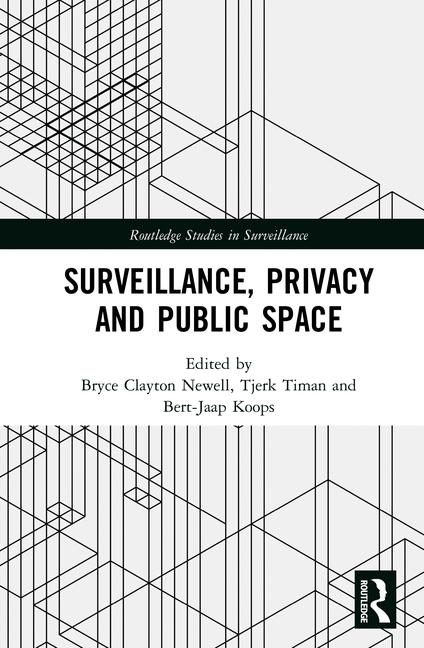Police Officer Gets in Car Crash Responding to ‘Possible Burglar Alarm’

A recent case in the State of New York presented an interesting question. The plaintiff was seeking to recover damages for injuries he sustained in a motor vehicle accident. At the time of the incident, the defendant, a police officer, was responding to a radio dispatch of a “possible burglar alarm” when his police vehicle collided with the plaintiff’s vehicle while making a left turn.
The defendant sought summary judgment to dismiss the complaint, arguing he was operating the police vehicle during an emergency operation at the time of the accident, and his actions therefore could not be deemed legally reckless. The New York Supreme Court granted the defendant’s motion for summary judgment and the plaintiff appealed.
The appellate court pointed out there was no dispute the defendant was operating an “authorized emergency vehicle” and was “engaged in the specific conduct exempted from the rules of the road by Vehicle and Traffic Law.” The court concluded the defendant met his initial burden on the motion of establishing he was involved in an emergency operation as contemplated by that state’s Vehicle and Traffic Law, No. 114.6.
The plaintiff did not dispute the fact that the officer established he was responding to a dispatch call, but contended the defendant failed to establish the call was an emergency and that the defendant’s response constituted an emergency operation. The court said it is irrelevant whether the officer believed the dispatch call was an emergency or how the relevant department categorized this type of call. The court concluded the defendant’s conduct is governed by the reckless disregard standard of care in Vehicle and Traffic Law, rather than the ordinary negligence standard of care.
Nevertheless, the court agreed with the plaintiff that the defendant failed to meet his initial burden of establishing as a matter of law that his actions did not rise to the level of reckless disregard for the safety of others. The court went on to state that the Court of Appeals has stated that the “reckless disregard standard demands more than a showing of a lack of due care under the circumstances . . . the showing typically associated with ordinary negligence claims . . . Rather, the liability to be predicated upon a violation of the Vehicle and Traffic Law Section 1164. There must be evidence that the actor had intentionally done an act of an unreasonable character in disregard of a known or obvious risk that was so great as to make it highly probable that harm would follow and has done so with conscious indifference to the outcome.”
The court pointed out the plaintiff testified that he began his left turn and was already in the process thereof when he first noticed the defendant’s vehicle approaching his vehicle, maintaining that the defendant failed to yield to the plaintiff’s right-of-way. The plaintiff further testified the defendant’s vehicle was coming toward his vehicle at a “high rate of speed” and did not have on any headlights, silent or flashing lights.
The court further indicated the defendant testified that he was not sure whether he was responding to an emergency situation and only knew at the time that he was responding to “an alarm” at no address.
The court said the defendant’s evidence established only that the officer was responding to a “possible burglar alarm” and thus questions whether the emergency to which the defendant was responding justified his conduct. The court therefore concluded that the trial court should have denied the defendant’s motion for summary judgment, dismissing the complaint.
Looking for a reprint of this article?
From high-res PDFs to custom plaques, order your copy today!








